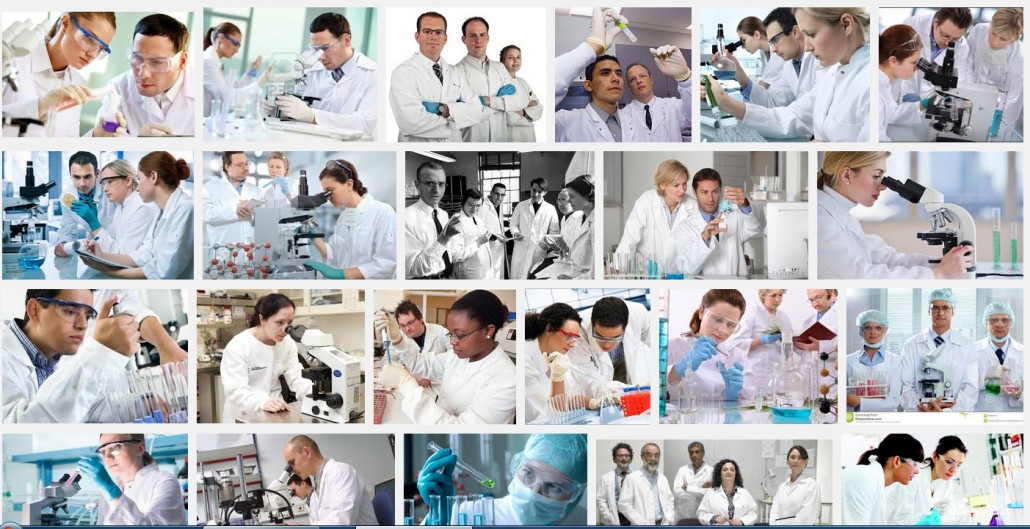Connecting with Physics
When I did my A-levels a couple of decades ago, there were only two or three girls in my physics class. The situation has got a little better since then, but many girls still find they are in a minority in their physics class. Whilst this doesn’t stop the students enjoying physics and doing well, it can sometimes feel a bit isolating.
To help the situation here in the North East, Think Physics is running a second year of our Physics Connect Network. This aims to allow girls from different schools to connect with each other through on-campus meetings and an online support group.
The network kicks off on January 28th with a Saturday morning session. Award-winning physics communicator Dr Jess Wade will be talking about her research at University College, London, on flexible solar cells. We’ll also look at where physics can lead to in terms of careers.
Later in the term there will be sessions on practical work using K’Nex, an Easter revision morning, and a visit to a local physics-related industry (watch this space for details!).
You can find more about the network sessions here, and the timetable for January 28th, including a booking link, here.
Reece Engineering Summer School
As well as Physics Connect, Think Physics organises a three-week summer school for Year 12 female Physics and Engineering students. Funded by the Reece Foundation, the course provides an introduction to engineering in its many forms. It’s an intense and hectic few weeks, with industry visits, challenges, individual and group research, presentations… everything we can cram into the time.
Applications are now open for the 2017 school: for more information and the application form, click here.


